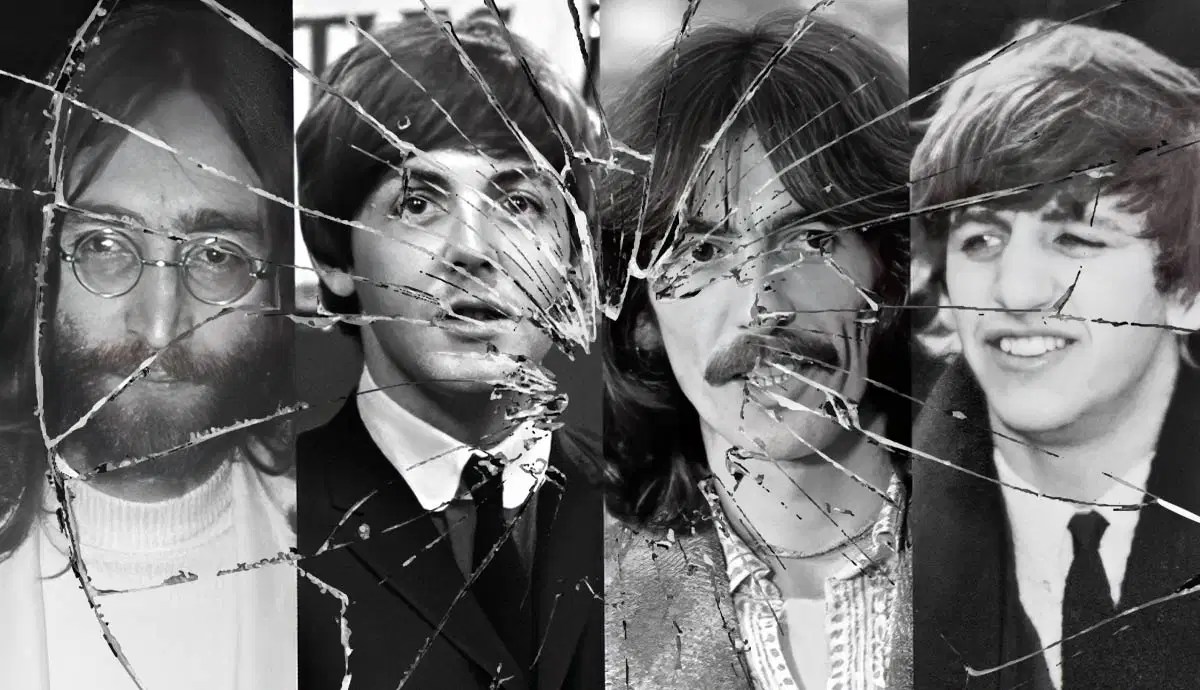The Beatles, one of the most influential bands in the history of music, captured the hearts of millions with their innovative sound and timeless hits. However, the band’s sudden breakup in 1970 left fans and music historians alike pondering the reasons behind this monumental split. In this article, we will delve deep into the factors that contributed to The Beatles' breakup, exploring personal conflicts, creative differences, and the impact of external pressures. By analyzing key events and insights from various sources, we aim to provide a comprehensive understanding of why The Beatles disbanded.
As we explore the intricacies of their relationships, the evolution of their music, and the external influences that played a role in their split, readers will gain a clearer picture of how such a legendary band could come to an end. The Beatles' breakup was not just a simple decision; it was a culmination of various factors that had been brewing for years. Join us as we take a closer look at the timeline of events leading up to this iconic moment in music history.
Understanding the breakup of The Beatles is essential for both fans and scholars of music. It serves as a reminder of the complexities of collaboration and the challenges that come with fame. Through this exploration, we hope to shed light on the intricate dynamics of this legendary band and what ultimately led to their dissolution.
Table of Contents
- Biography of The Beatles
- Early Years of The Beatles
- The Rise to Fame
- Creative Differences Among Members
- Personal Conflicts and Relationships
- External Pressures and Influences
- The Final Straw: Let It Be and Abbey Road
- Conclusion: The Legacy of The Beatles
Biography of The Beatles
| Name | Birth Date | Role | Nationality |
|---|---|---|---|
| John Lennon | October 9, 1940 | Vocals, Rhythm Guitar | British |
| Paul McCartney | June 18, 1942 | Vocals, Bass Guitar | British |
| George Harrison | February 25, 1943 | Lead Guitar, Vocals | British |
| Ringo Starr | July 7, 1940 | Drums, Vocals | British |
Early Years of The Beatles
The Beatles formed in Liverpool in 1960, initially consisting of John Lennon, Paul McCartney, George Harrison, and Ringo Starr. They quickly gained popularity in the UK with their unique blend of rock and pop music. Their early years were characterized by constant touring and recording, which solidified their reputation as a formidable band.
Key Events Leading to Popularity
- Their first single, "Love Me Do," was released in 1962.
- The Beatles' appearance on The Ed Sullivan Show in 1964 marked their breakthrough in the United States.
- Albums like "Help!" and "Rubber Soul" showcased their evolving musical style.
The Rise to Fame
With the release of landmark albums such as "Revolver" and "Sgt. Pepper's Lonely Hearts Club Band," The Beatles became cultural icons. Their music transcended genres, and they began to experiment with various styles and sounds. However, with fame came a host of pressures that would eventually contribute to their breakup.
Creative Differences Among Members
As The Beatles evolved, so did their creative visions. The individual members began to explore their artistic identities, leading to significant creative differences. John Lennon and Paul McCartney, once a strong songwriting duo, started to drift apart, each pursuing different musical directions.
Impact of Solo Projects
- John's experimental work with Yoko Ono.
- Paul's focus on melody and harmony in his compositions.
- George's interest in Indian music and spirituality.
- Ringo's desire for a simpler, more straightforward approach to music.
Personal Conflicts and Relationships
The personal relationships among the band members became strained over time. Conflicts arose from differing opinions on music, lifestyle choices, and external relationships. The introduction of Yoko Ono into John Lennon's life particularly affected group dynamics, causing tension among the members.
External Pressures and Influences
The Beatles faced immense pressure from their managers, record labels, and the public. The constant need to innovate and produce hit records took a toll on the band. Additionally, the changing landscape of the music industry and the rise of other influential artists contributed to their struggles.
The Final Straw: Let It Be and Abbey Road
The recording sessions for "Let It Be" and "Abbey Road" were marred by disagreements and conflicts. The stress of the sessions led to significant tensions, ultimately signaling the beginning of the end. The band's decision to release "Let It Be" as their final album was a poignant moment, marking the closure of an era.
Conclusion: The Legacy of The Beatles
The breakup of The Beatles was a complex event influenced by various factors, including creative differences, personal conflicts, and external pressures. While the band's dissolution was heartbreaking for fans, their legacy continues to resonate in the music world. The Beatles not only changed the landscape of music but also left a lasting impact on culture and society.
As we reflect on The Beatles' journey, we invite readers to share their thoughts and experiences related to the band. Feel free to leave a comment below, and don't forget to explore more articles on our site about music history and influential artists.
Thank you for joining us on this exploration of why The Beatles broke up. We hope to see you back here for more engaging content about the world of music!


